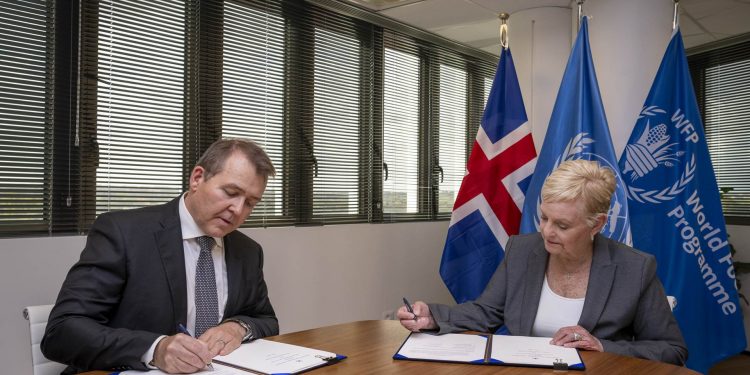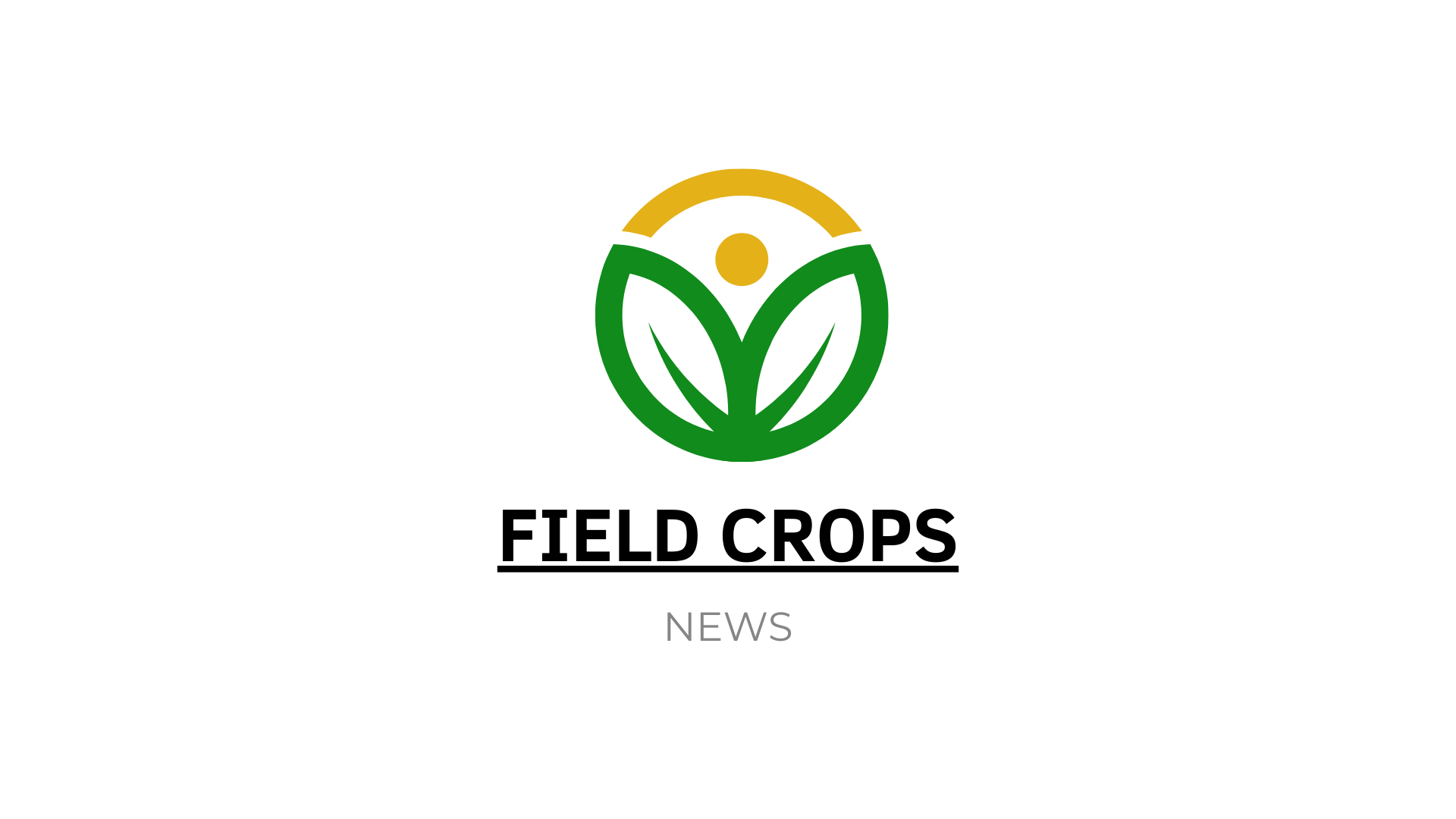New Framework Agreement Ensures Iceland’s Continued Commitment to World Food Programme from 2024 to 2028
In a significant move to bolster global food security, Matthías G. Pálsson, Permanent Representative of Iceland to International Organisations in Rome, and Cindy McCain, Executive Director of the World Food Programme (WFP), signed a new framework agreement on April 23 in Rome. This agreement outlines Iceland’s continued flexible and predictable financial support to the WFP for the next five years.
Under the terms of the agreement, Iceland will contribute a minimum of 200 million ISK annually to support WFP’s core mandate from 2024 to 2028. This commitment is aimed at providing the necessary resources to meet urgent humanitarian needs as they arise worldwide.
“As the needs for humanitarian assistance continue to rise, we must ensure that our humanitarian partners are able to meet the most urgent needs wherever they arise. With this new agreement, Iceland commits to providing the World Food Programme, a key humanitarian partner, the flexibility and predictability necessary to deliver on its important food security mandate,“ stated Foreign Minister Þórdís Kolbrún Reykfjörð Gylfadóttir.
WFP Executive Director Cindy McCain also expressed her optimism about the new agreement, saying, “I welcome the new strategic partnership agreement between WFP and Iceland. The flexible funding it provides will help WFP reach more people in dire need with swift and effective assistance. I also look forward to stepping up our collaboration to support climate-smart school meals programs, promote gender equality, and develop innovative solutions that reduce rates of hunger over time.”
This strategic partnership not only ensures the continuation of vital financial support but also emphasizes Iceland’s commitment to innovative and climate-smart solutions in the fight against hunger. The collaboration will enhance WFP’s ability to implement effective assistance programs, including school meals initiatives that are designed to be sustainable and environmentally friendly.
Furthermore, the agreement highlights a shared focus on promoting gender equality, recognizing the crucial role women play in achieving food security and nutrition outcomes. By prioritizing gender-responsive strategies, the partnership aims to empower women and girls, thereby strengthening communities and contributing to long-term development goals.
Overall, the renewed agreement between Iceland and the WFP is a testament to the importance of flexible and predictable funding in addressing global food security challenges. As the world continues to face increasing humanitarian needs, such strategic partnerships are essential in ensuring that organizations like the WFP can respond promptly and effectively to crises, ultimately saving lives and building resilience in vulnerable communities.
Error




